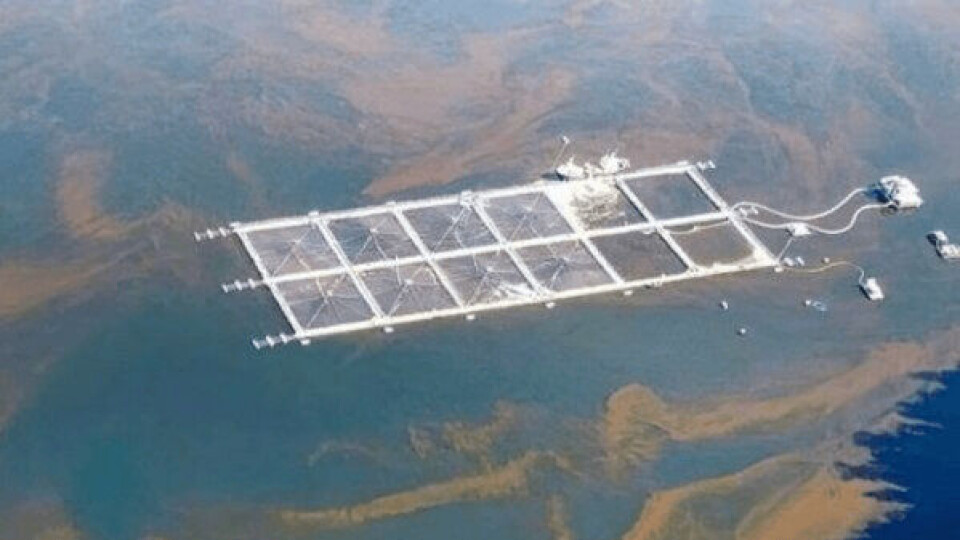
Chilean doctors prescribe salmon farming curbs
The Puerto Montt branch of doctors’ union the Medical College of Chile has called for a review of salmon farming regulations in an area hit by harmful algal blooms (HABs) that killed more than 6,000 tonnes of farmed salmon.
The branch’s recently formed environment department said fish farming was one of the causes of the HABs and a eutrophication risk approach should be taken to the siting of farms.
Its comments follow mass mortality events in the Comau Fjord in Los Lagos region and coincide with a proposal by the Interdisciplinary Centre for Aquaculture Research (INCAR) and the World Wildlife Fund to reduce salmon production in certain bodies of water, and to remove farms completely in those with low water exchange and high hypoxia, as is the case with Comau and the Reloncaví Estuary.
Increase in HABs
Two members of the Puerto Montt branch, doctors Augusto Matamala and Matías Garrido, have prepared an explanatory document on HABs in the Comau Fjord, based on technical and academic studies.
“There is clear scientific evidence that, although it does not blame salmon farming by itself, it does establish that its deregulation is the one that causes an unusual increase in this harmful blooming of algae,” explained Matamala on the union’s website.
The document, available (in Spanish) here, addresses the origin and conditions that favour HABs together with a proposal of actions for decision-making in matters of public policy.
Risk of hypoxia
“We are dedicated to the proposals made by INCAR-WWF in 2020 on what public policies have to be considered regarding the regulation of salmon farming concession procedures, specific measurements of oxygen and other nutrients in the fjords, which have to be taken into account. In other words, what are the public policies that have to be adopted from the point of view of the State to be able to regulate, limit or practically eliminate certain concessions in fjords such as the Comau, which has very high levels of risk of hypoxia,” stated Matamala.
He added: “It is essential that as a Medical College we have a position on this matter because it not only means pollution to the environment but also means increasing the probability that there will be harmful algae blooms that have detrimental effects on health, as was the case of the red tide in 2016; so it is important for us to develop an initial document, easy to read, so that all members and the community can have access to information.”
Regional debate
The president of the Puerto Montt Medical College, Dr Carlos Becerra, said: “It seems relevant to us to contribute to the regional debate with these analyses, since we are convinced that after the SARS-COV 2 [Covid] pandemic, [of] the close relationship between environmental phenomena such as HABs with public health events that affect the populations that inhabit our different territories.
“Our region of Los Lagos has experience in this and it seemed to us that it was necessary to bring together a group of motivated colleagues and scholars of the subject who, together with the support of the environment department at the national level, could start a work that we believe will be fruitful and will contribute to the debate we have today on the environment and people’s health.”























































